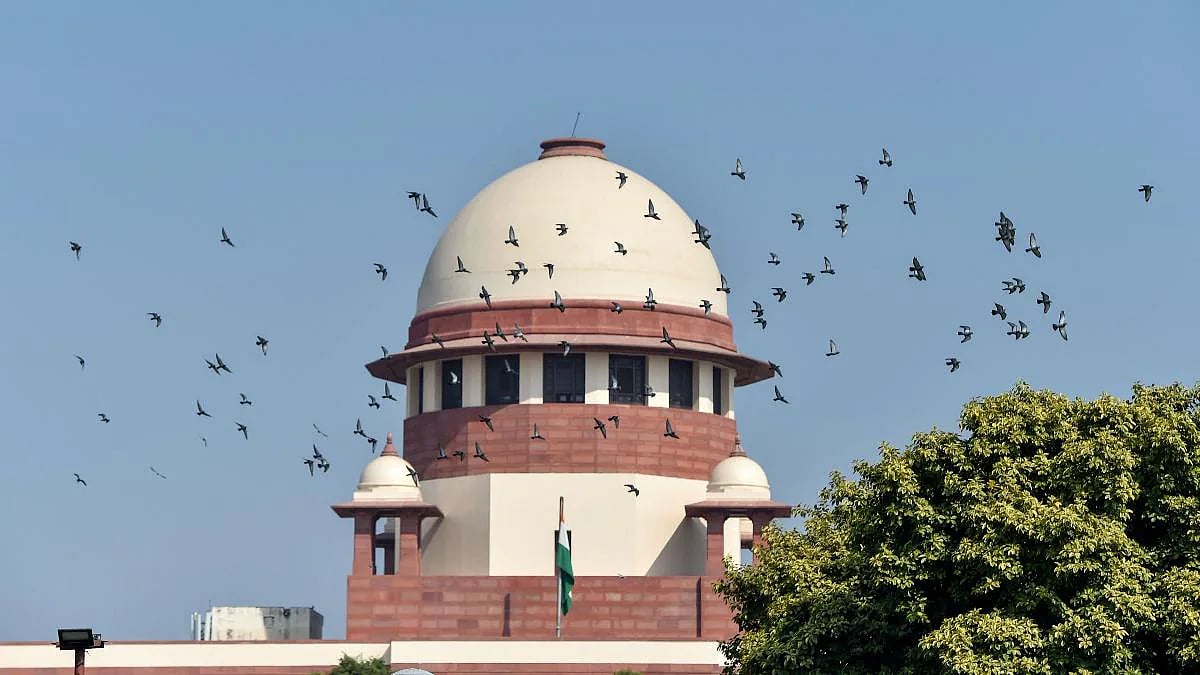The tweet, which says, “just setting up my twttr,” posted by Twitter Founder and CEO Jack Dorsey on March 21, 2006 fetched him a massive $2.9 million when he sold it as a nonfungible token (NFT).
Closer home, the celebrity in perpetuity, Amitabh Bachchan got a staggering Rs 7.15 crore from NFT auction that included recitals of Madhushala, a famous collection of poems written by his father and recorded in the actor's voice, besides posters and images.
On receiving notice from the GST authorities, Bachchan had to deposit 18 percent GST amounting to Rs 1.09 crore. Not that it was something worth losing sleep over even if the contract with the buyer didn’t include a clause to fasten him with any indirect tax unfolding later on, on the transaction, given the enormous windfall characterizing the transaction.
The actor must thank his stars that he has escaped income tax on this transaction as Section 115BBH imposing a stiff and flat 30 percent tax on profits from transfer of virtual digital assets (VDA) introduced by the Finance Act, 2022 takes effect only from the assessment year 2023-24. Simultaneously, the buyer has been fastened with the responsibility of deducting a token 1 percent tax at source from such transactions.
The buyer who bought Amitabh NFT cannot be hauled over the coals because he too has been spared from this burden as it comes into force only from April 1, 2022. Be that as it may, TDS is a bulwark against tax evasion, besides expediting tax collection to that extent.
Finance Minister Nirmala Sitharaman was pilloried by a section of the media as well as by a section of the cognoscenti when she targeted VDA for tax on the ground that she was putting the cart before the horse----the government was yet to take a call on legality or otherwise of cryptocurrencies, the quintessential species of VDA. They were only betraying their ignorance.
It is a well-settled law that tax laws are not concerned with the legality or otherwise of a transaction so much so that a brothel house is as much liable to income tax as a share broker. It is another matter that the long arm of the income tax law does not unfortunately reach out to the nether world where such murky dealings take place strictly for cash.
In his vastly entertaining novel The Palace, Paul Erdman narrates a riveting story about the trials, tribulations and exploits of the gambling industry in the states of Nevada and New Jersey, USA. While Las Vegas, Nevada, has acquired fame or notoriety for its fabled gambling industry, other states too profit from this enormously tax potential industry. In India only three states, Goa, Sikkim and Daman have legalized gambling.
From 2020, Goa has restricted entry into casinos only for non-residents who in any case have been mainly sailors awaiting turnround of their vessels for the return journey. France doesn’t completely shut out the local population from this vice, except that it requires casinos to be located sufficiently away from industrial townships so that workers do not blow away their hard-earned income.
When one talks of vice industries, it inevitably touches raw nerves. Prudes bristle with indignation at any suggestion of even a small leg-up to them. But the government cannot afford to practice complete prudery, especially when it is starved of revenue.
The Narendra Modi government has been on the dock for pursuing a regressive policy of shoring up its revenues for welfare spends from fuel taxation. There is considerable merit in this criticism. Why not pursue welfarism with the funds mobilized from heightened direct taxes (from the rich) and vice taxes instead, is their riposte. Of course, sufficient safeguards must be built into our laws that throw open gambling or gaming (let us not quibble) so that the poor don’t fall an easy prey to its temptations. But then a forbidden fruit is always tempting. For example, many middle class people learn in hindsight that the promise of El Dorado held out by day trading is not something they should have fallen for hook, bait and sinker.
The larger point is: Let the government not sit in judgment over the legality of cryptocurrencies as indeed about any transaction or trade that doesn’t belittle human dignity. Prostitution does, and hence we may perhaps not be gung-ho about it as the West where licensed brothel houses are kosher.
There have been reports that the RBI and the central government do not see eye-to-eye on whether cryptocurrencies should be declared illegal in India with the RBI saying yes and the government in favor of not making them a forbidden fruit. So what if cryptocurrencies have no underlying assets and are unregulated so long as they are not sanctified into legal tender? Let the participants in the market for cryptocurrencies stew in their own juice until wisdom dawns on them.
The government, while not proscribing cryptocurrencies, must continue with deterrent taxes thereon so that its coffers are filled even as disillusionment settles in among those done in by their naivete and avarice. Parenthetically, one is also apt to wonder what happens to the copyright of those who sell away their works or works of their parents they have inherited through such facile instruments as NFT. Prima facie, it seems copyright ceases on such transfer given the fact one cannot have the cake and eat it too.
(The author is a veteran columnist and tweets @smurlidharan)









